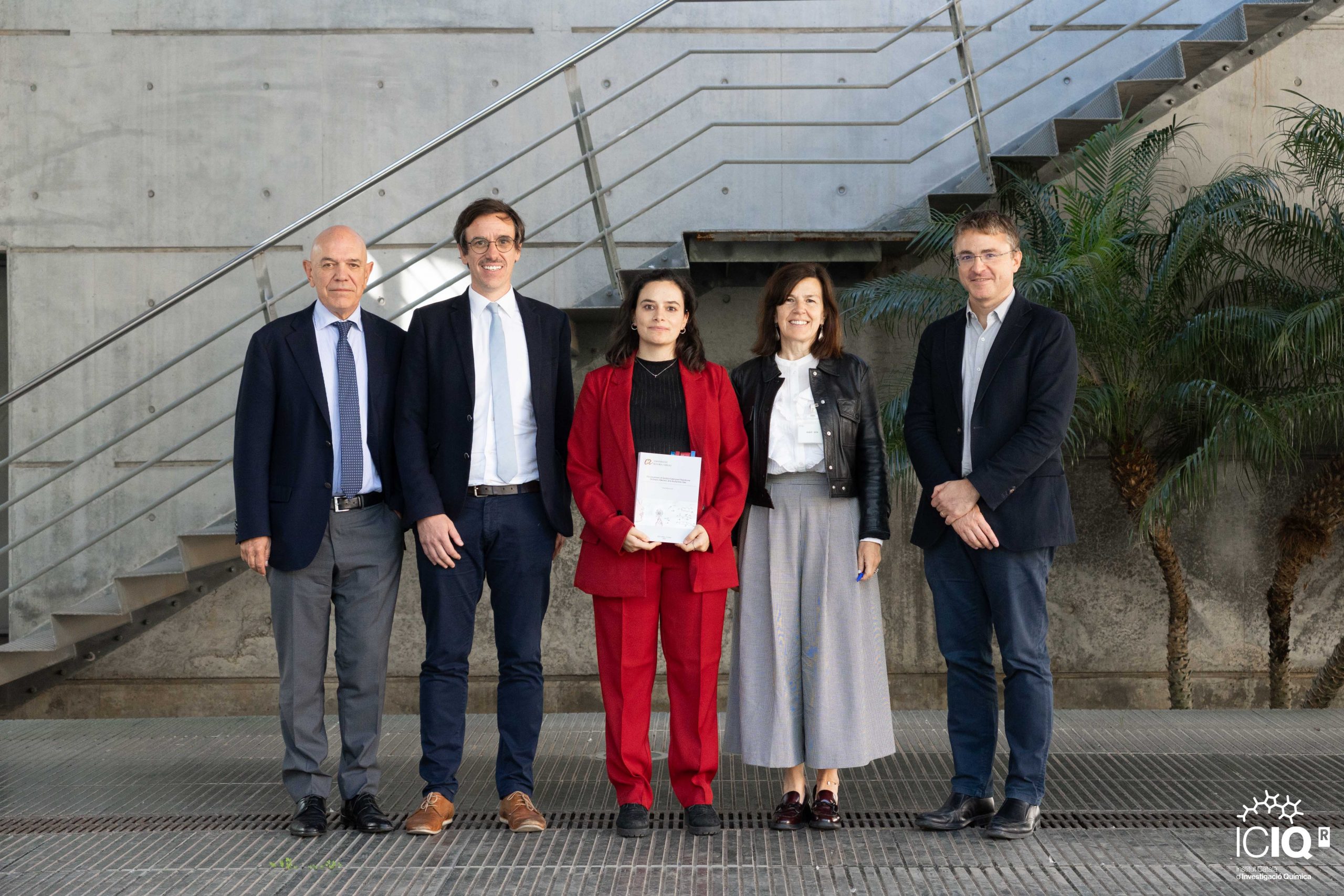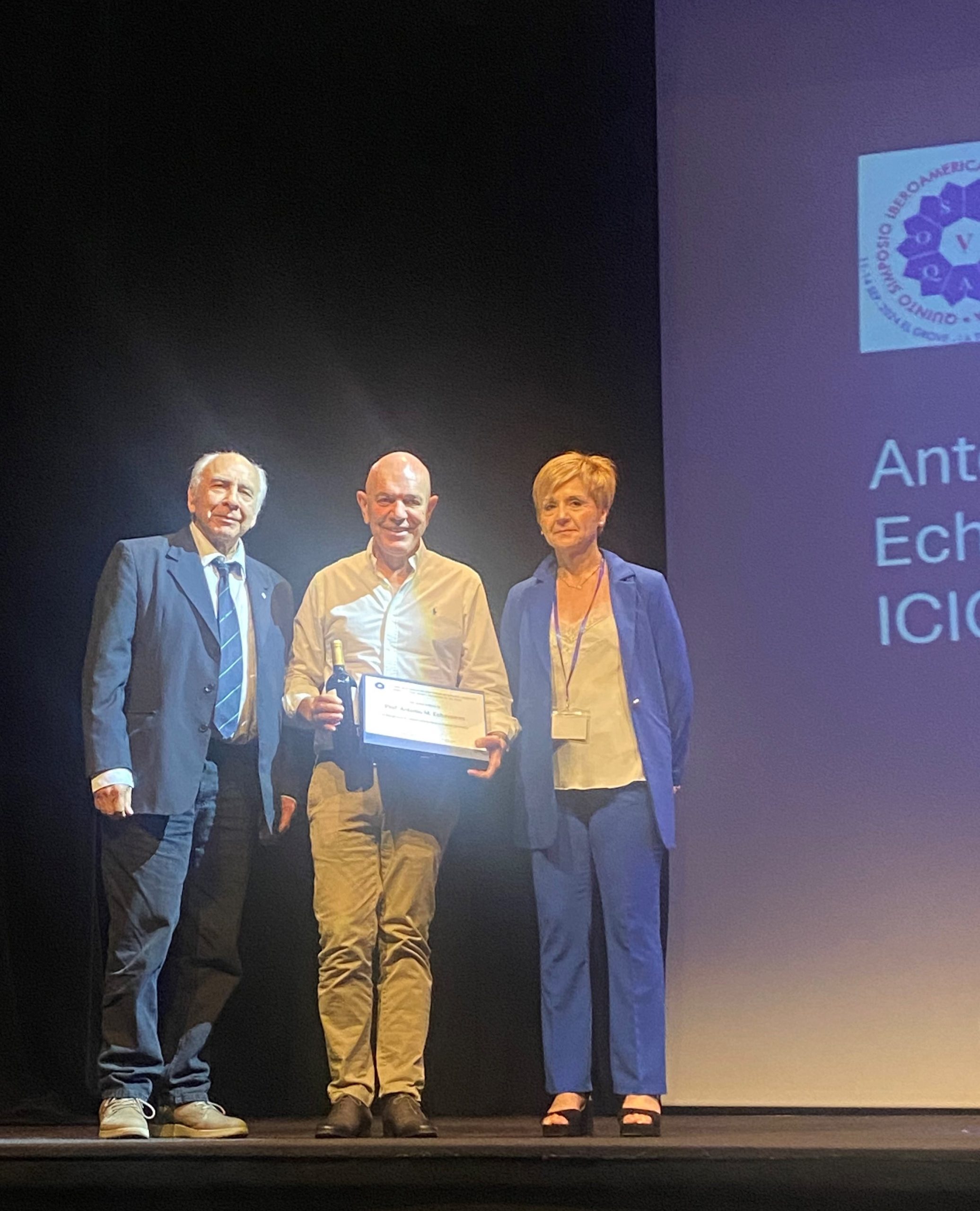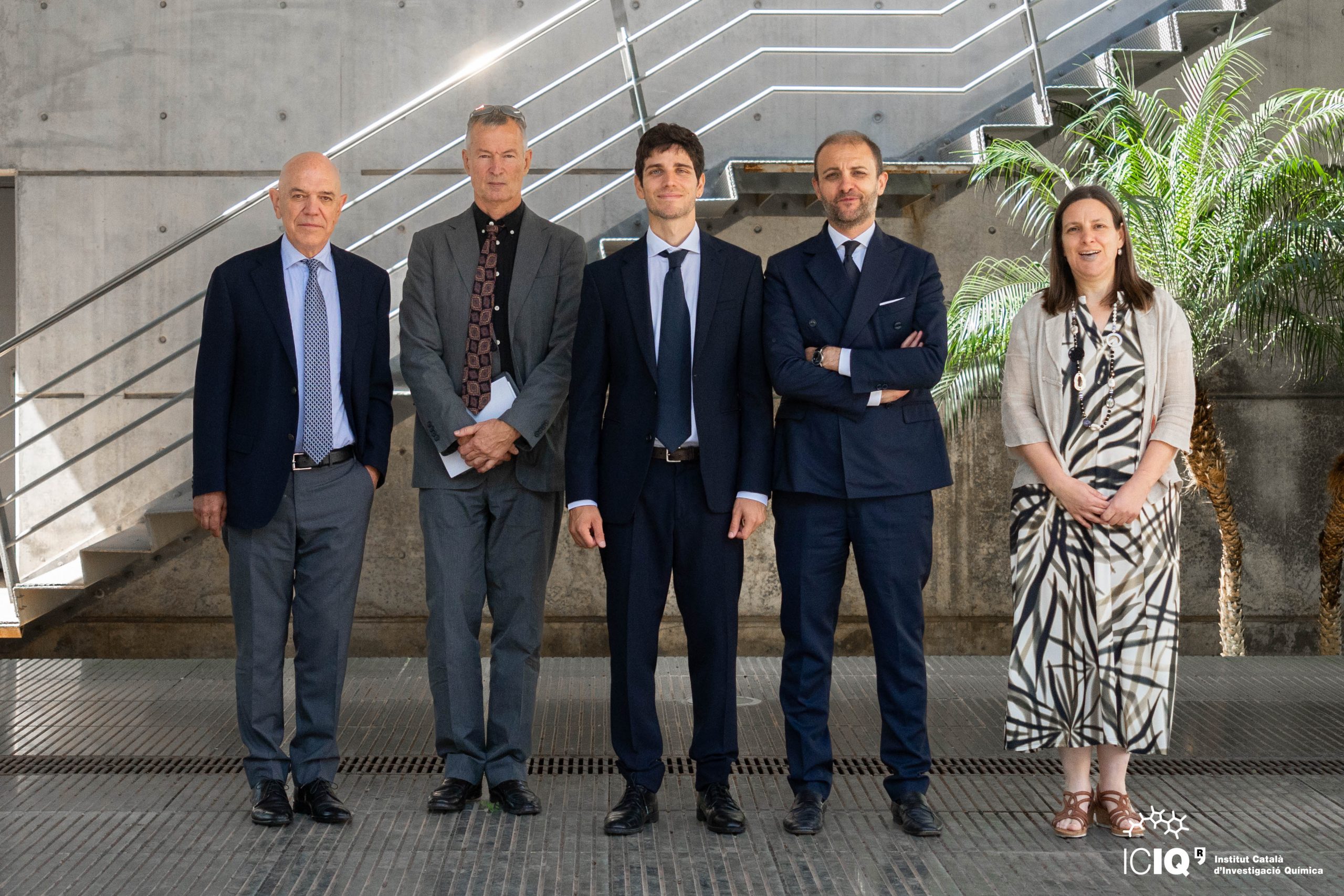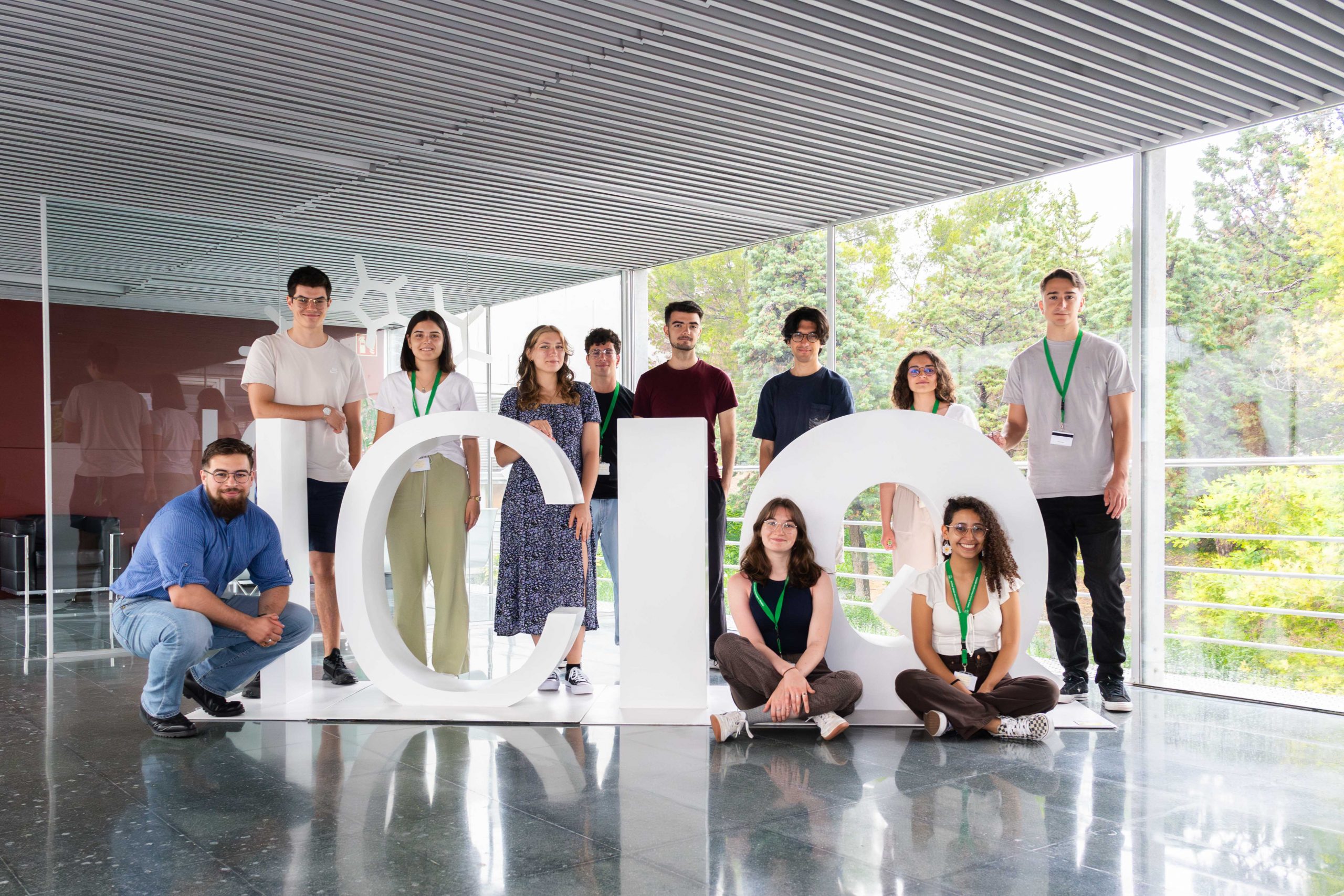The project SENESGOLD receives a “Seed Grant” through the BIST Ignite programme
BIST has announced the five winners of the first phase of this year’s BIST Ignite Programme. In the fifth edition of the programme, most of the grant-winning projects focus on health and more specifically on the search for new therapeutic alternatives for diseases that have no cure. These include neurodegenerative diseases such as Huntington’s chorea, triple negative breast cancer, muscular dystrophies such as Duchenne disease, and the pathological accumulation of senescent cells – which the project SENESGOLD, presented by ICIQ in collaboration with IRB Barcelona, aims to tackle.
SENESGOLD: eliminating senescent cells by synthesising senolytic drugs within the cells themselves
Senescent cells are damaged cells that have stopped their replication mechanism and are supposed to be eliminated by our immune system. However, this does not always happen, leading to a pathological accumulation of senescent cells. This is linked to age-related diseases, as well as to the side effects of very aggressive treatments like chemotherapy. Eliminating these senescent cells is a therapeutic objective to treat these diseases, and is the goal of the SENESGOLD project, co-led by Marc Montesinos (postdoctoral researcher in the Echavarren group) and José Alberto López, Postdoctoral Researchers from ICIQ and IRB Barcelona, respectively.
“The project combines two very novel research areas: research in the biology of senescent cells, and the catalysis of drugs within the cells themselves. The challenge of this project is to carry out this catalysis inside the specific cells we want,” explains José Alberto López. To do this, the project uses the beta-galactosidase enzyme, which is most active in senescent cells, as a marker. This enzyme will activate small molecules containing gold atoms inside the cells, “which in several recent studies has been shown to activate bonds with organic compounds that other metallic compounds cannot,” says Montesinos, with the aim of developing a catalytic drug production system (prodrug) that has the capacity to eliminate senescent cells “in vivo.”
BIST Ignite
The BIST Ignite programme promotes multidisciplinary collaborations at the frontiers of knowledge to solve scientific and societal challenges that have yet to be solved by cutting-edge research. In this edition, ten research teams from various BIST centres will combine their capabilities in genetics, chemistry, molecular biology, bioengineering, photonics, biosensors and new materials to provide new scientific answers to major open challenges in health and fundamental physics.
Related news

Let's create a brighter future
Join our team to work with renowned researchers, tackle groundbreaking
projects and contribute to meaningful scientific advancements






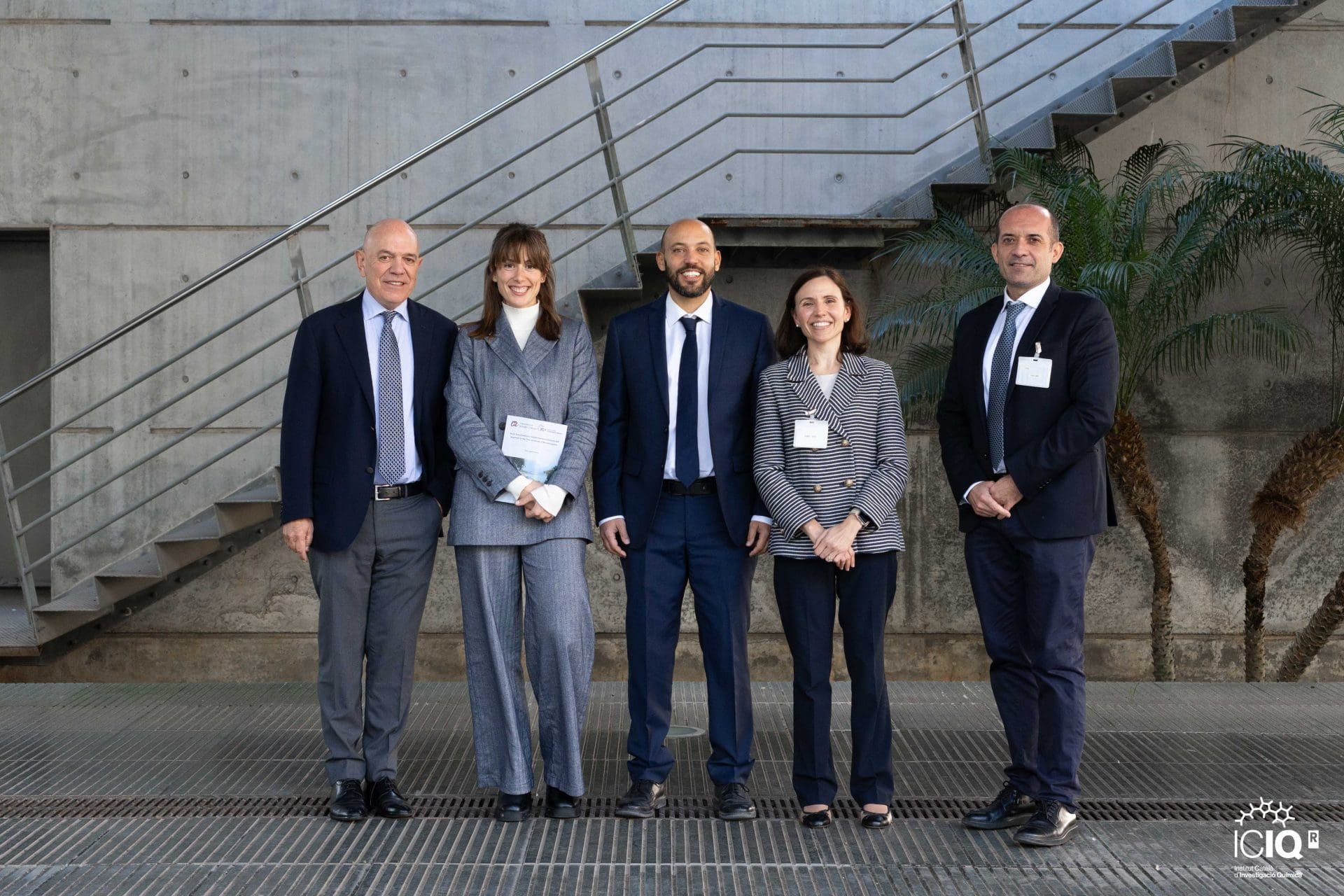
 10-01-2025
10-01-2025 
